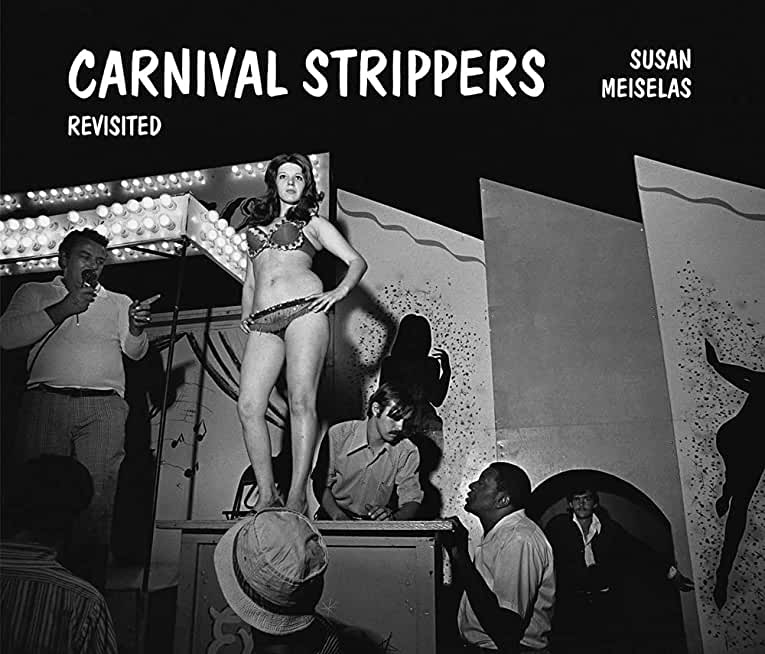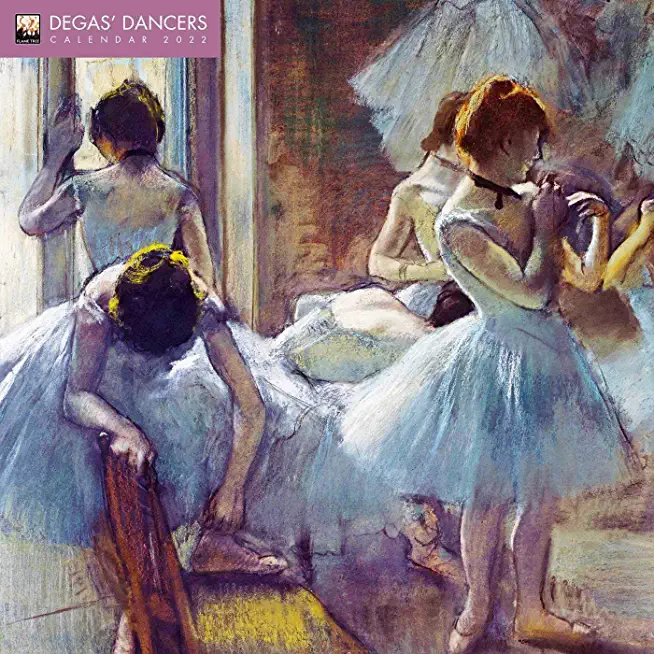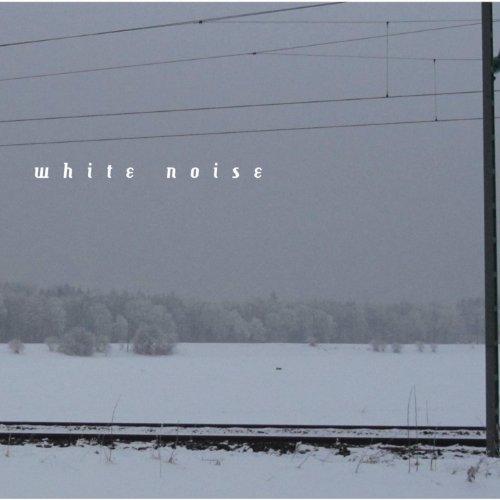
From 1972 to 1975, Susan Meiselas spent her summers photographing women who performed striptease for small-town carnivals in New England, Pennsylvania and South Carolina. As she followed the shows from town to town, she captured the dancers on stage and off, their public performances as well as their private lives, creating a portrait both documentary and empathetic: "The recognition of this world is not the invention of it. I wanted to present an account of the girl show that portrayed what I saw and revealed how the people involved felt about what they were doing." Meiselas also taped candid interviews with the dancers, their boyfriends, the show managers and paying customers, which form a crucial part of the book.
Meiselas' frank description of these women brought a hidden world to public attention, and explored the complex role the carnival played in their lives: mobility, money and liberation, but also undeniable objectification and exploitation. Produced during the early years of the women's movement, Carnival Strippers reflects the struggle for identity and self-esteem that characterized a complex era of change.
Carnival Strippers Revisited and Making Of come together in a slipcase. Making Of includes color images from Carnival Strippers that have never been printed and/or published before, along with ephemera material collected by Meiselas at the time she developed the project.
Born in Maryland in 1938, Susan Meiselas has worked as a freelance documentary photographer since joining Magnum Photos in 1976. Her images, particularly those covering the hostilities in Central America during the insurrection, have been widely published and exhibited. Meiselas' many books include Carnival Strippers (1976), Nicaragua (1981), Kurdistan: In the Shadow of History (1997), a project on the 100-year photographic history of Kurdistan, Pandora's Box (2001), exploring a New York S&M club, and Tar Beach (2020).







